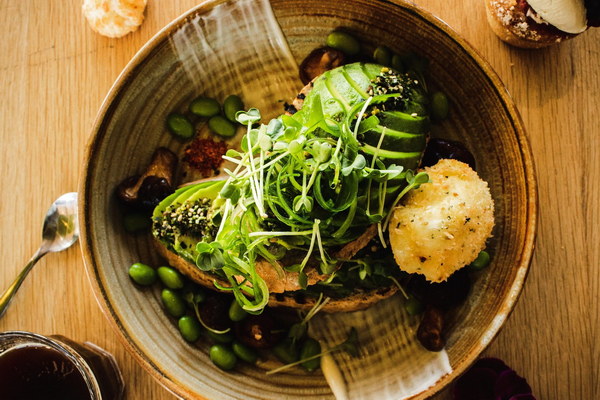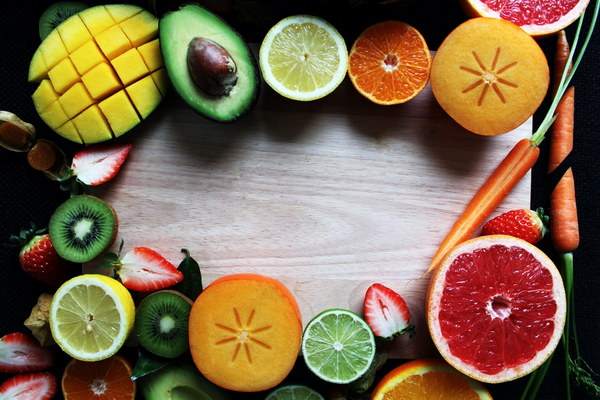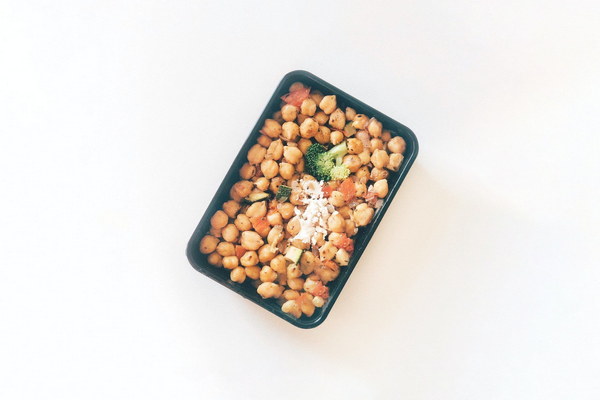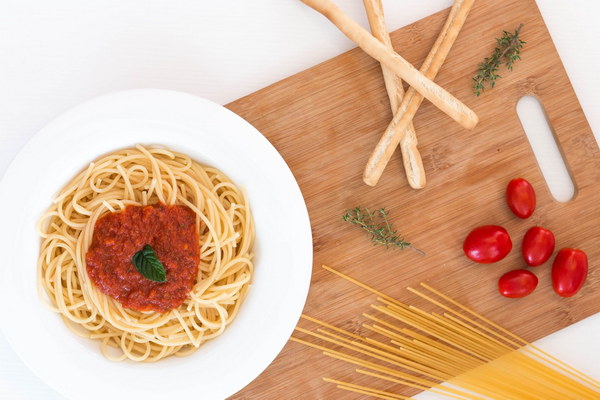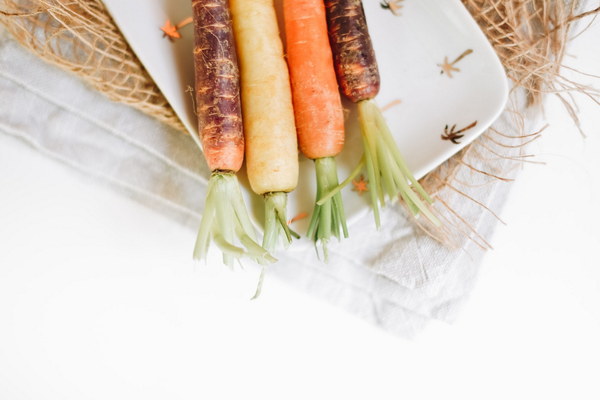The Surprising Connection Between Kidney Tonification and Gout Navigating Traditional Chinese Medicine for Modern Health Concerns
Gout, a form of arthritis characterized by sudden, severe attacks of pain, redness, heat, and swelling in the joints, has been a concern for many individuals. On the other hand, kidney tonification, a concept rooted in traditional Chinese medicine (TCM), aims to balance the body's internal organs, including the kidneys. The question arises: can kidney tonification play a role in managing gout? This article explores the surprising connection between these two concepts and their potential benefits for those struggling with gout.
To understand the link between kidney tonification and gout, it's essential to delve into the principles of TCM. According to TCM, the kidneys are the primary source of energy and vitality in the body. They are responsible for storing essence, which is the fundamental substance that sustains life. When the kidneys are healthy, the body maintains balance, and when they are imbalanced, various diseases can arise.
Gout, in TCM, is often associated with the kidneys and the liver. The kidneys are responsible for the regulation of uric acid levels, while the liver is responsible for metabolizing it. When these organs are not functioning properly, uric acid can accumulate in the body, leading to the formation of urate crystals and the subsequent development of gout.
Kidney tonification, as a therapeutic approach, focuses on strengthening and balancing the kidneys, thereby potentially improving their ability to regulate uric acid levels. By addressing the root cause of the imbalance, TCM practitioners believe that kidney tonification can help alleviate gout symptoms and reduce the frequency and severity of attacks.
One common practice in TCM for kidney tonification is the use of herbal medicine. Various herbs, such as rehmannia, codonopsis, and astragalus, are believed to support kidney function and improve overall health. These herbs have been used for centuries and are thought to work by:
1. Enhancing the kidneys' ability to filter waste products, including uric acid, from the blood.
2. Strengthening the body's immune system, which can help reduce inflammation and pain associated with gout.
3. Promoting the metabolism of uric acid, which can help lower uric acid levels in the blood.
Another approach to kidney tonification is acupuncture, a therapeutic technique that involves inserting fine needles into specific points on the body. Acupuncture is believed to stimulate the body's natural healing processes and improve kidney function. By addressing the underlying imbalances in the body, acupuncture can potentially alleviate gout symptoms and reduce the frequency of attacks.
While kidney tonification and TCM offer a unique perspective on managing gout, it's important to note that these approaches should not replace conventional medical treatment. Gout is a complex condition that requires a comprehensive management plan, which may include medication, lifestyle changes, and dietary adjustments.
For those considering kidney tonification and TCM as part of their gout management plan, here are some key points to keep in mind:
1. Consult with a qualified TCM practitioner who can provide personalized treatment based on your specific health needs.
2. Complement TCM with conventional medical treatment, as directed by your healthcare provider.
3. Maintain a healthy lifestyle, including a balanced diet, regular exercise, and adequate hydration.

4. Monitor your uric acid levels regularly to ensure they remain within a healthy range.
In conclusion, the surprising connection between kidney tonification and gout suggests that TCM may offer a valuable complement to conventional medical treatment. By addressing the root cause of the imbalance and supporting kidney function, kidney tonification and TCM may help alleviate gout symptoms and improve overall health. However, it's crucial to consult with healthcare professionals before incorporating these approaches into your treatment plan.
